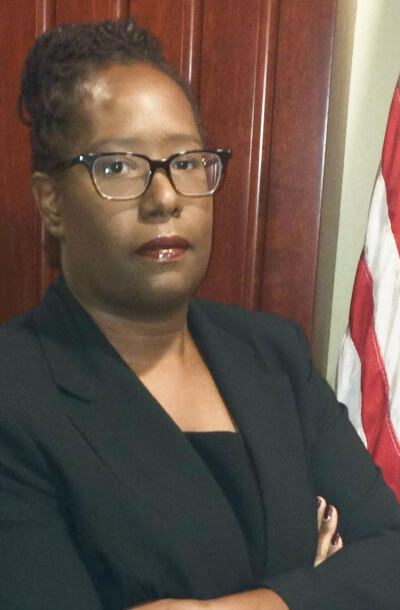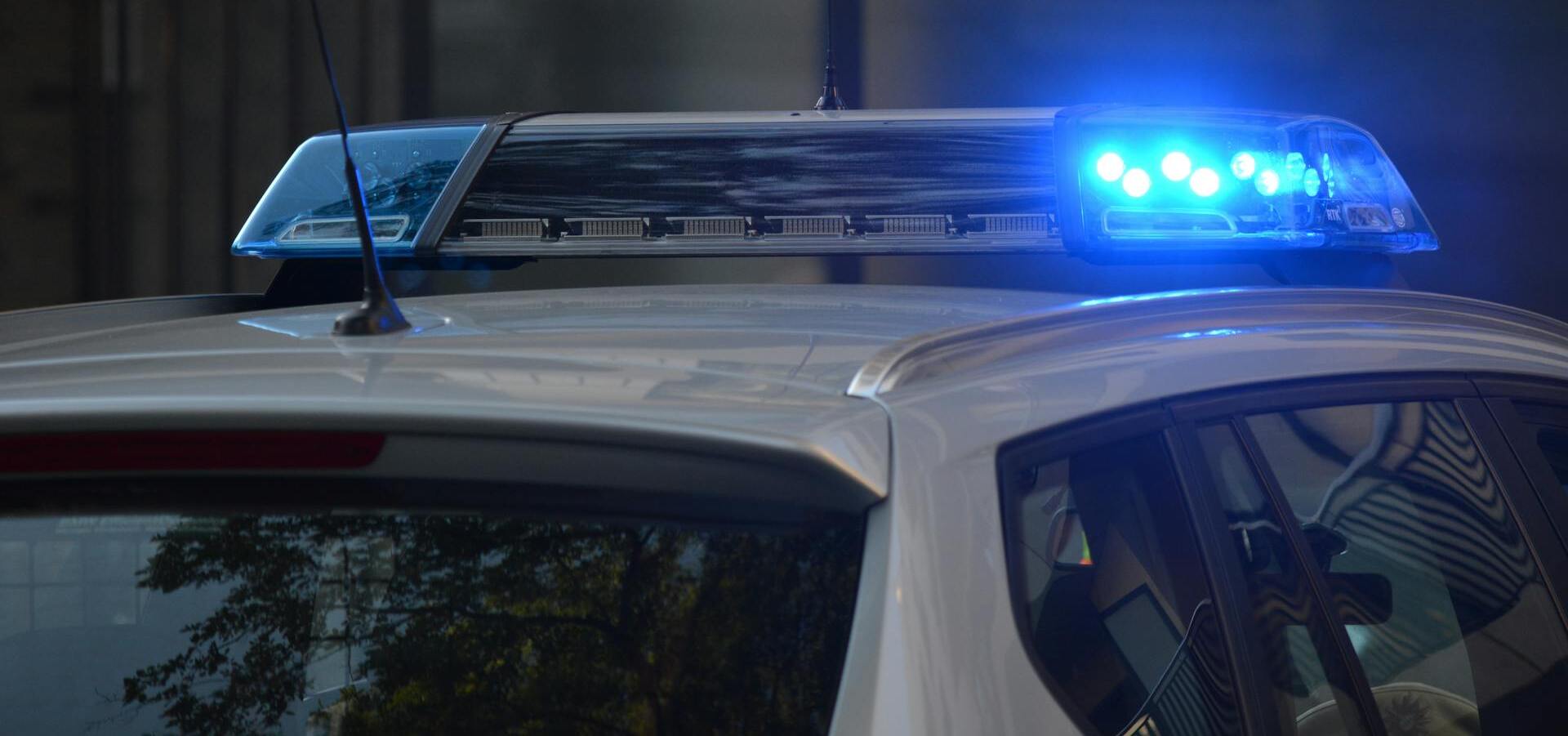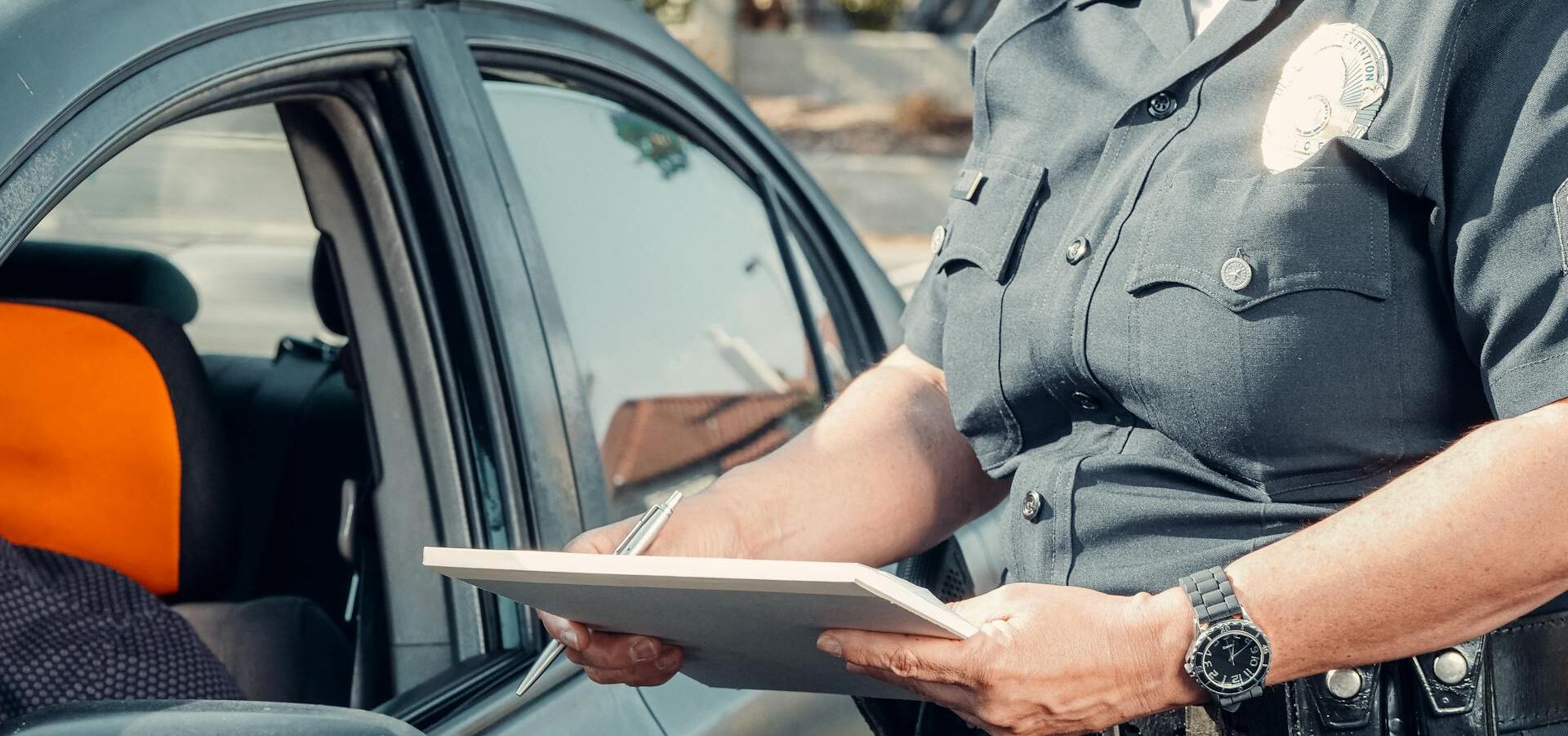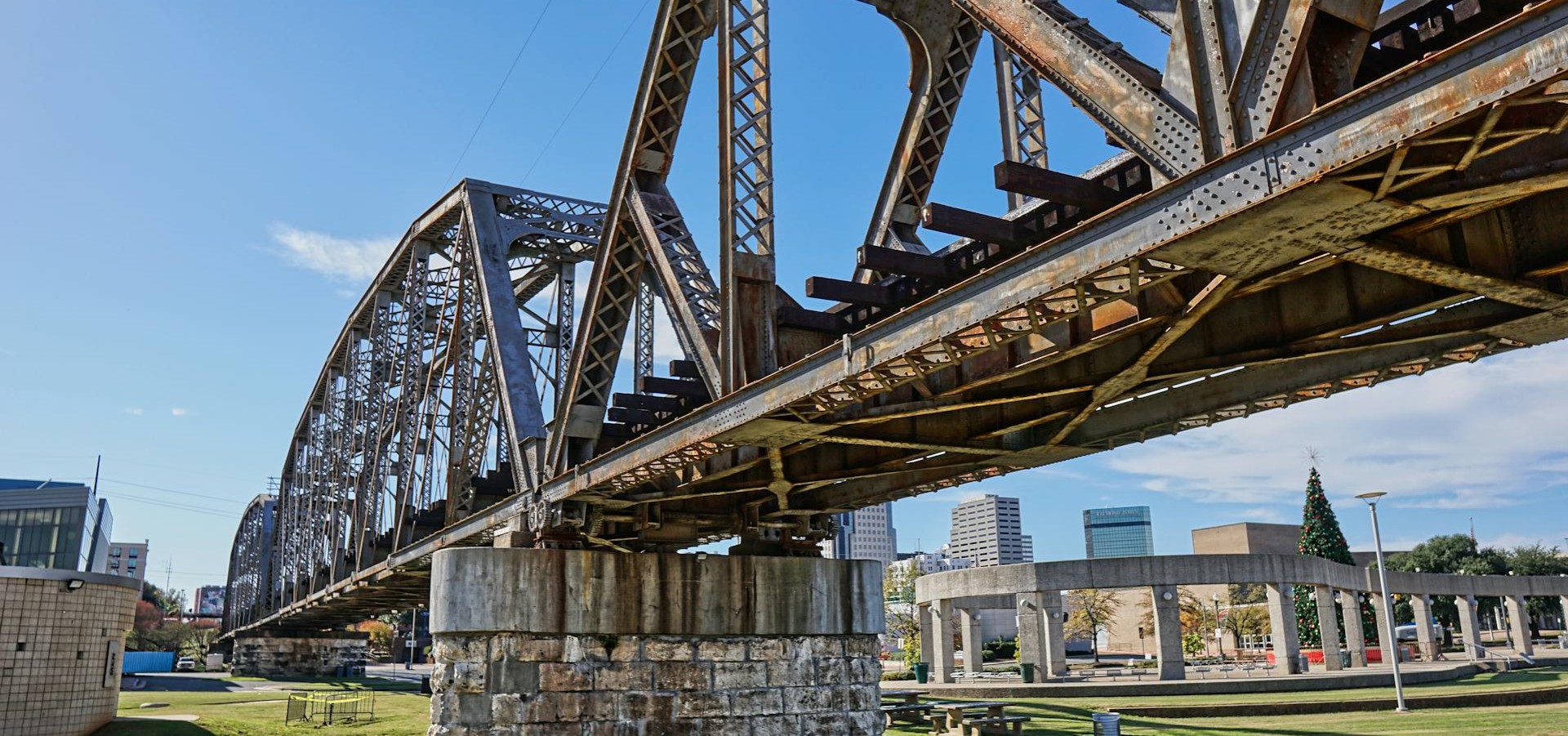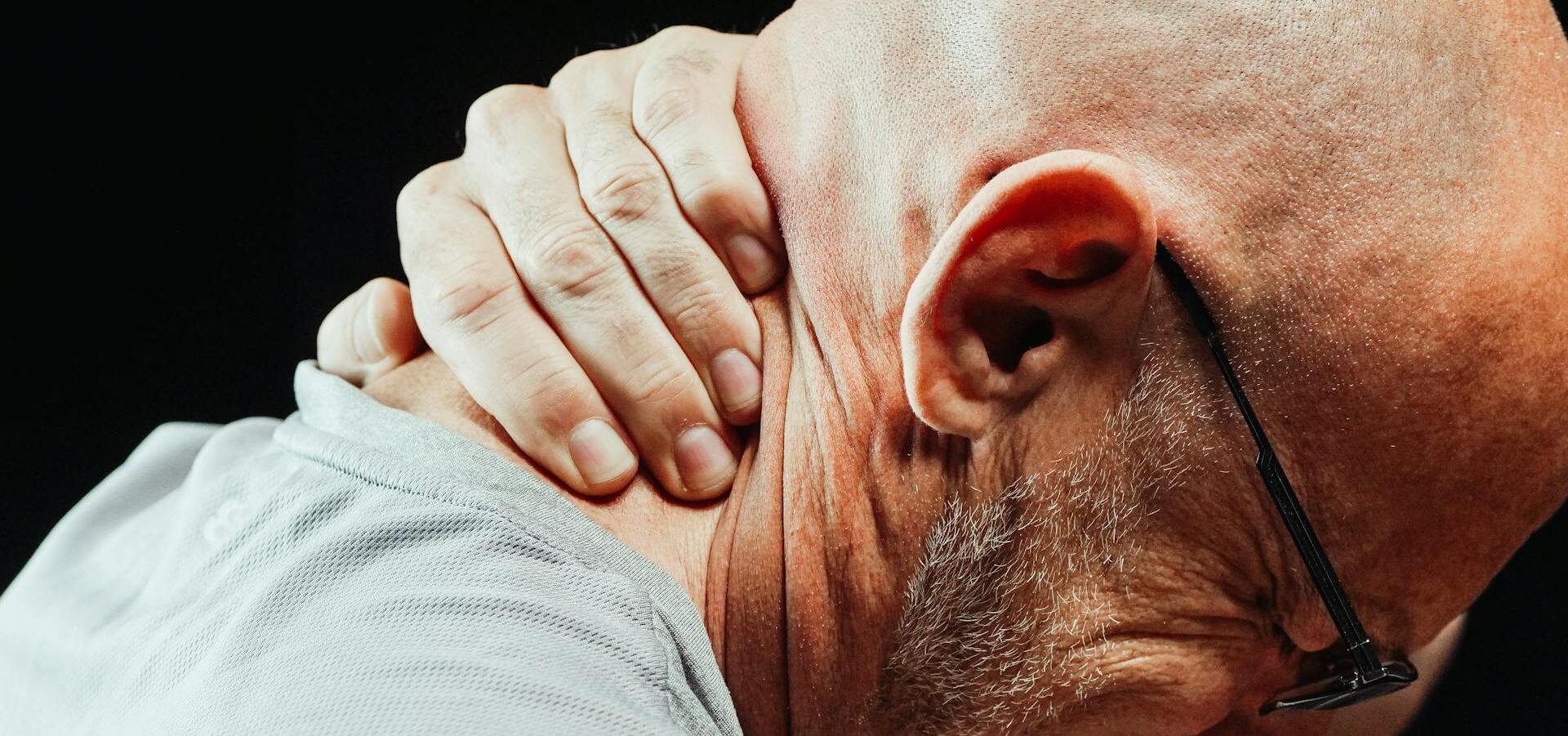What To Do After a Car Accident in Shreveport, LA
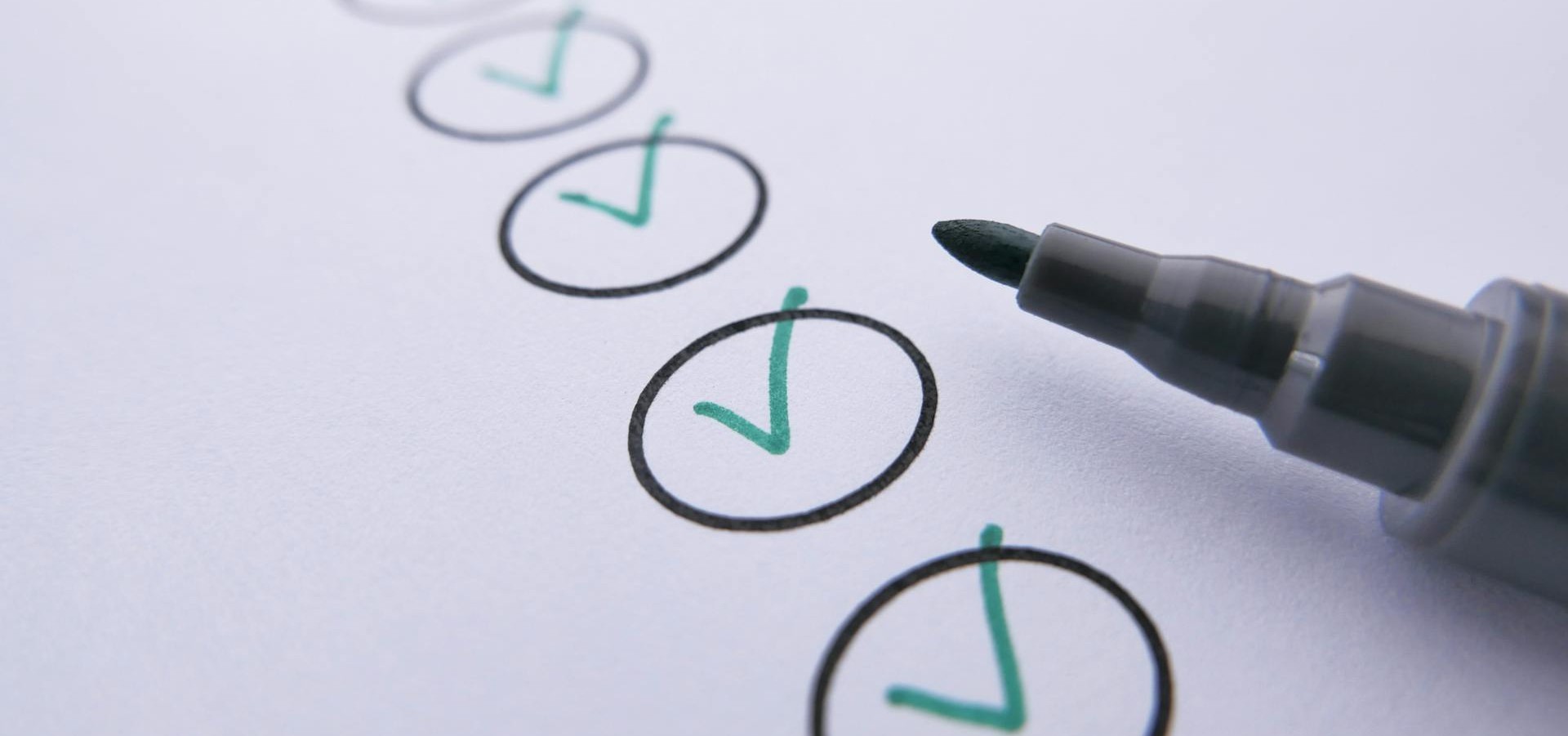
After a car accident in Shreveport, the most important thing is protecting yourself—medically, legally, and financially. Stay at the scene, check for injuries, and call 911 if needed. Exchange information, document everything, and be careful what you say to insurance companies.
A single misstep can cost you, so here’s exactly what to do next.
Step 1: Move Your Car to a Safe Location
If the car is drivable and it’s safe to do so, move it to a safe location away from traffic. Turn on your hazard lights to let other drivers know something’s wrong. If you can’t move the vehicle, stay inside until help arrives—it’s safer than stepping onto a busy road.
Check for Injuries and Call 911
Take a moment to check yourself and any passengers for severe injuries. If anyone’s hurt—even if it seems minor—call 911 immediately. Remember, not all injuries are obvious right away. It’s also crucial to get checked out later to ensure there’s no hidden damage (like a concussion or internal injuries).
Even if no injuries are apparent, Louisiana law requires that you report the accident if there’s any property damage over $500. Not sure if the damage meets the threshold? Call anyway—it’s better to be safe than sorry.
Step 2: Report the Accident—The Paperwork You’ll Be Glad You Have
Once the police arrive, tell them exactly what happened—stick to the facts. Don’t guess, speculate, or admit fault. A detailed police report will be critical when it’s time to deal with insurance companies or file a claim. This report serves as an official record and helps establish the facts of the accident.
Exchange Insurance Information
Before anyone leaves the scene of the accident, exchange:
- Driver’s license details
- The other driver’s insurance company name and policy number
- Vehicle details (make, model, color, and license plate number)
Gather Information and Evidence
Your phone is your best friend here. Take photos of:
- All property damage to vehicles
- Skid marks, traffic signs, and weather conditions
- The entire accident scene from multiple angles
Also, gather:
- Contact information from any witnesses
- Details of the driver’s insurance company
- A written note of anything unusual about the crash—trust me, your memory won’t be as sharp a week later
Step 3: Notify Your Insurance Company—But Don’t Overshare
As soon as possible, contact your insurance company and begin the claims process. Provide the facts of the accident and share the police report number.
Understand Your Coverage Before You File
Before you dive into the paperwork, take a moment to understand your auto insurance coverage:
- Does your policy include uninsured motorist protection?
- What are your personal injury protection (PIP) limits?
- How much coverage do you have for car repair or replacement?
Filing a Claim (Without Sabotaging It)
When you file a claim, you’ll need:
- Your policy number
- Details about the vehicle involved
- The official police report
Be cautious if asked to provide a recorded statement without first consulting an experienced car accident lawyer. Insurance companies might use your words against you later.
Step 4: Understanding Fault and Liability—It’s Not Always Black and White
Louisiana uses a comparative fault system, meaning both drivers can share responsibility. If you’re found 25% at-fault, your compensation will be reduced by that percentage.
Protect Your Legal Rights from the Start
It’s tempting to apologize at the scene—it’s human nature. But even a simple “I’m sorry” can be used as an admission of fault later. Instead, exchange information and let your insurer or a court determine who’s responsible.
Step 5: Seek Medical Attention—Because You’re Not a Superhero
You may feel fine, but that doesn’t mean you’re unscathed. Adrenaline can mask injuries like whiplash, muscle sprains, or concussions. Always visit a doctor after being involved in a car accident.
Keep All Your Accident-Related Documents
If you end up pursuing compensation for medical bills or lost wages, documentation is everything:
- Medical bills and receipts
- Records of missed workdays
- Estimates and invoices for car repairs
- Prescriptions or ongoing treatment costs
Step 6: Hire an Experienced Car Accident Lawyer—Yes, You Might Need One
Why You Need a Lawyer
A seasoned car accident lawyer from Ford Injury Firm can help:
- Negotiate with insurance companies to ensure you’re fairly compensated
- Help with complex insurance claims
- File any legal paperwork within Louisiana’s statute of limitations (which is one year from the accident date)
Challenges a Lawyer Can Help You Overcome
- Denied claims for personal injury or property damage
- Disputes about who was at-fault
- Handling cases involving an uninsured or underinsured motorist
Step 7: Common Mistakes to Avoid—Learn from Others’ Missteps
Even seasoned drivers can make mistakes after an accident:
- Leaving the scene of the accident prematurely
- Forgetting to exchange insurance information
- Admitting fault too early
- Missing your deadline to file a claim
- Skipping follow-up medical appointments
Step 8: Know Your Insurance Options—Beyond Basic Coverage
Handling Insurance After an Accident
Be sure to:
- Explore options for accident forgiveness if your insurer offers it
- Understand how your deductible affects your payout
- Review whether your car insurance company covers extra property damage
Dealing with Uninsured Drivers
If the other driver lacks car insurance, your uninsured motorist coverage might be your saving grace.
Step 9: Contact Ford Injury Firm—We’re Here When You Need Us
Navigating the aftermath of a car accident can feel overwhelming. That’s where we come in.
Why Choose Us?
- Free consultation to evaluate your case
- No upfront costs—you only pay if we win
- Compassionate legal representation from lawyers who genuinely care about your recovery
Final Thoughts: Take Control of Your Recovery
A car accident can derail your life—but with the right guidance and support, you don’t have to navigate it alone. From understanding your insurance claim options to fighting for every dollar you’re owed, Ford Injury Firm is here to help.
Contact us today for your free consultation—let’s get your life back on track, together.
